“By failing to prepare you are preparing to fail”.
Benjamin Franklin
The HSC is changing – are you ready?
Current Year 10 students will be taught a new syllabus for Maths, English and the Sciences, the most dramatic change to those courses in 20 years.
Talent 100 invites you to attend our exclusive ‘BRIDGING THE GAP’ Seminar. This 90 minute seminar has been designed for current year 9 and 10 students and parents to:
-
Explain scaling, assessments and how to pick the right subjects in Year 11
-
Provide insights about the new HSC course structures and demonstrate with examples how to start preparing for your Preliminary year
-
Show how Talent has changed it’s course structure and explain why we teach our Year 11 course ONE TERM ahead, so you are always ahead of your peers.
This seminar is open to all existing and new Talent students and will be run across our four learning centres.


Learning a Term Ahead of School
At Talent, we’ve hired a team of industry experts to methodically update our course structure, homework and theory booklets, and online services to cater for the demands of the new HSC. We’ve restructured our Year 11 course so you are taught ONE TERM ahead of school, with our Preliminary Program commencing from Term 4. Our three stage learning system of termly lessons, marked homework and small tutorials and holiday revision courses ensure you are best prepared for the critical HSC years.
Sign up to our Seminar to learn more.
Did you know?
According to our records, students that begin preparing for Year 11 early score 2.25 ATAR points ahead of students that don’t. These 2.25 points can make the essential difference when it comes to getting into top-tier degrees such as Medicine. So why wouldn’t you give yourself a key advantage by getting in early?
Participants of Talent 100’s Year 10 Headstart Yearly Success Program outperformed their peers in our standardised exams by an average of 6.5% in Maths, and 5% in Sciences.
Why?
Because these students were able to learn the theory ahead of Year 11, and treated school as revision! While their peers were adjusting to the increased level of difficulty, Talent 100 students started the year well prepared.
Fact
Year 11 covers the basics of Year 12 content. Although it is not directly examinable in the HSC, Year 11 content is assumed knowledge – so examiners can implicitly test Year 11 concepts by incorporating them with Year 12 material. Also, in maths, up to 30% of the HSC exam can be in Year 11 topics.
What Most Students Don’t Know
Year 11 content is often more difficult than Year 12 content. This could be in part because of the sudden increase in difficulty, but it is important to realise that Year 11 material demands as much work as Year 12 material to grasp and perfect.
Treat Year 11 Like A Trial HSC Year
It is helpful to treat Year 11 like a trial HSC. Talent 100 courses are designed to mimic HSC style and level difficulty, and can therefore be used to improve study and exam technique during Year 11, in preparation for Year 12. Don’t wait until Year 11 to learn this content!
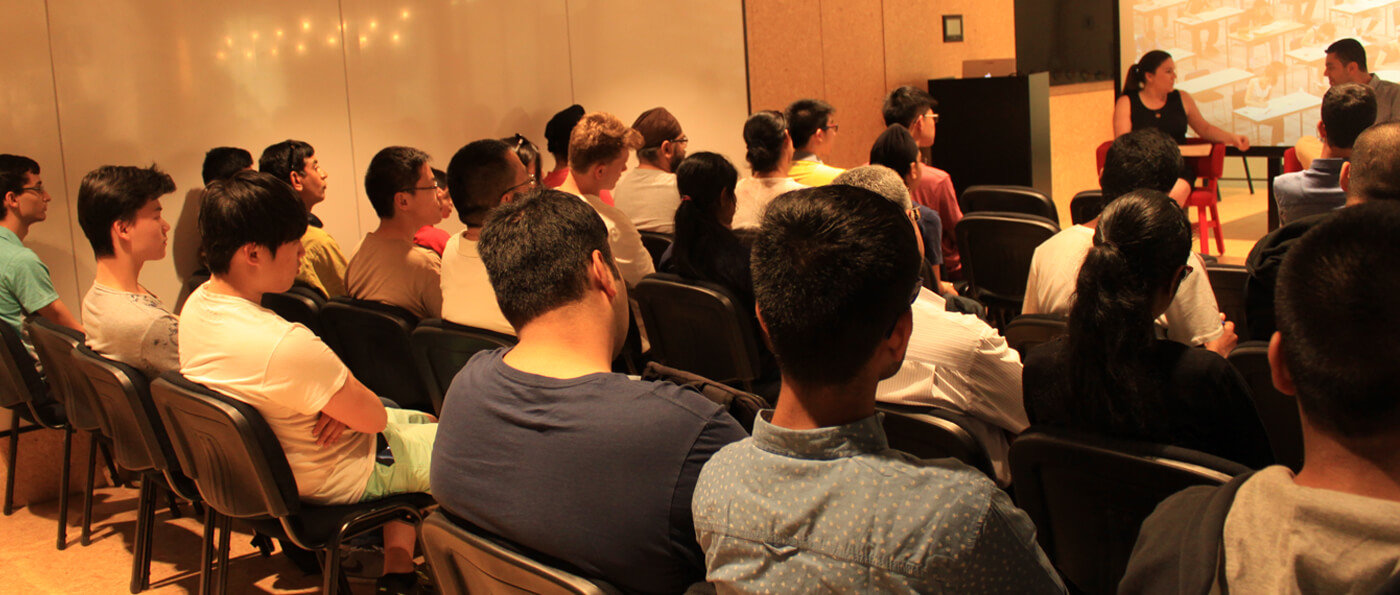
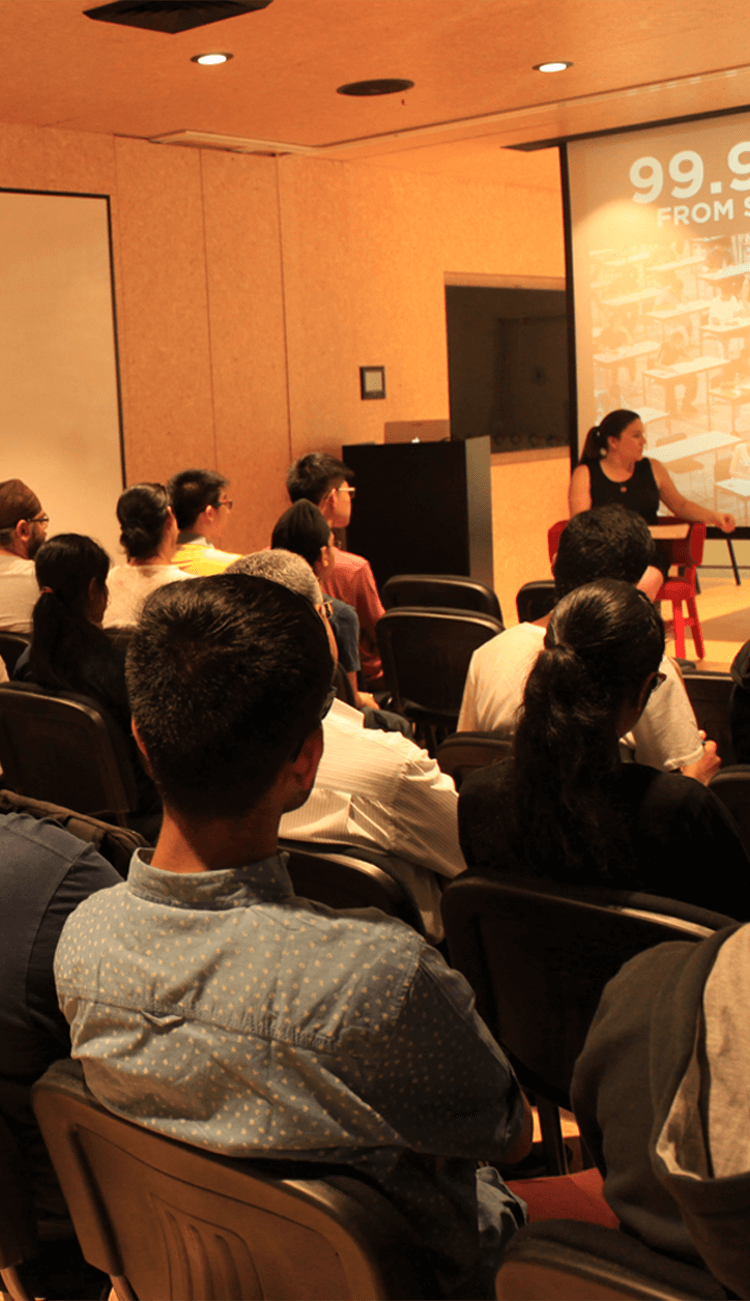
‘BRIDGING THE GAP’ SEMINAR From Year 10 To Year 11
1hr Seminar facilitated by Talent 100 Subject Heads and Mentors
Talent 100 created the ‘BRIDGING THE GAP’ SEMINAR to educate students and families on the importance of understanding the significant increase in difficulty between Year 10 and Year 11, so you know what you need to do now to prepare!
What you will learn:
- What’s changing in the HSC curriculum
- How the assessment and exams marks work
- What the critical learning outcomes will be
- The importance of understanding scaling and subject selection
- The gap and level of difficulty between Year 10 and Year 11 broken down subject by subject
- How the content changes between Year 10 versus Year 11
- What to expect in exams, how many there will be in each term, and what structure and format they will follow
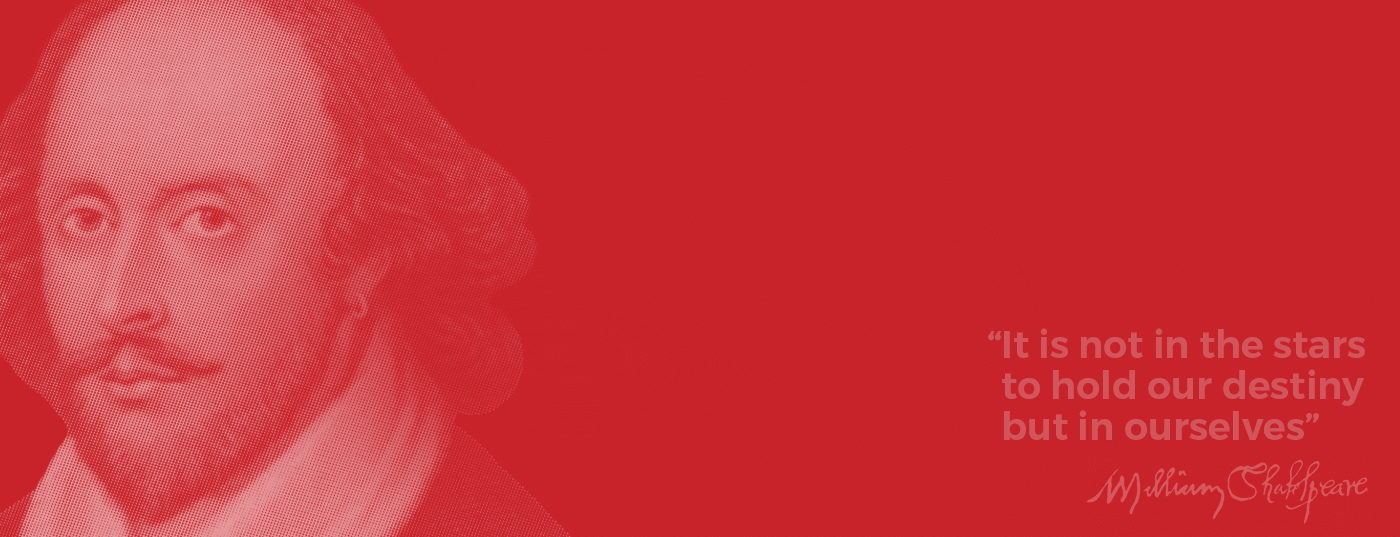
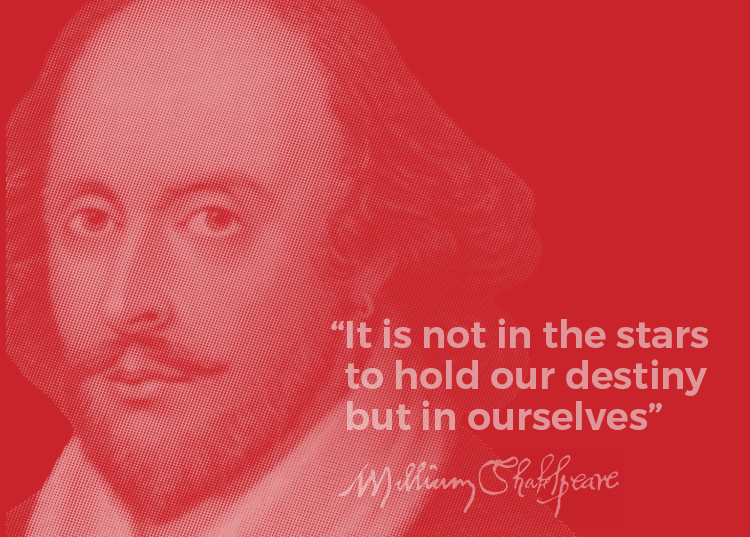
English
What Are The Fundamental Differences Between Year 10 And Year 11?
We’ll share the change in philosophy of how English is approached in the senior years compared to junior years, and how the individual connection with your texts and ideas becomes more important . We discuss the importance of research (including context and critics), and finding related texts to back up your arguments. We’ll also talk about how to manage volume – the increased workload in Year 11 and the importance of learning to write lots of content in short exam times.
More specifically we’ll cover:
- How does the content change between Year 10 and Year 11?
- The level of difficulty (should you consider Advanced English?)
- The standard of homework
- The level of testing
- What to expect with exams.
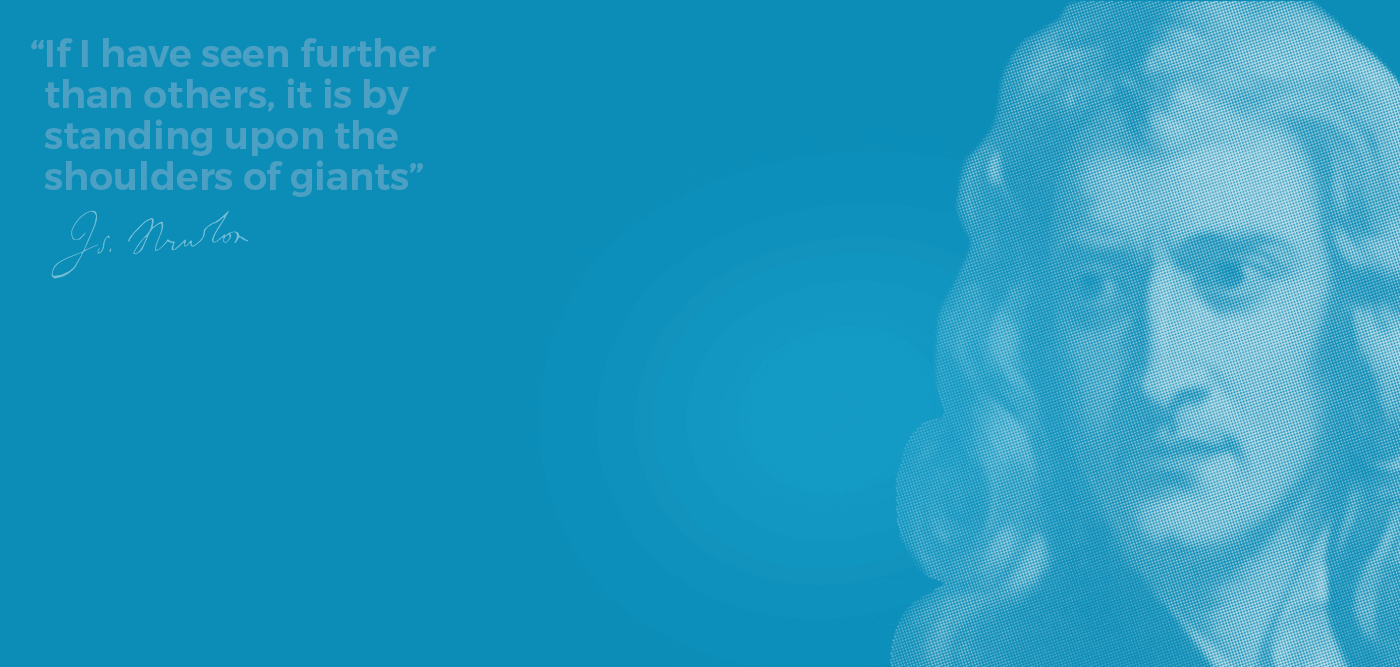
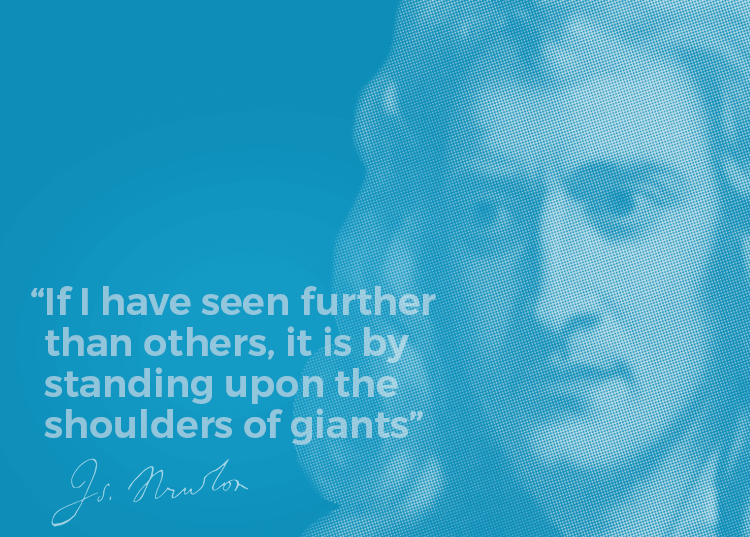
Maths
We’ll Take A Closer Look At The Difference Between Year 10 And Year 11
Understanding the difference between Year 10 and Year 11 Maths is vital before finalising subject selection for your senior years of high school. The choices you make will directly impact your options in Year 12.
In the ‘Bridging The Gap’ Seminar, we’ll share what the fundamental differences are. It’s important to understand that there is a distinct difference in terms of both homework style and also the commitment required for homework completion in Year 11 Maths. Year 11 Maths requires more self-motivation and the ability to manage time effectively, due to the increased size of the workload and also the inherent increase in difficulty.
Talent 100’s Year 11 Maths courses bridge out to 2U, 3U and 4U maths in Year 12. We also stream our
classes in Maths, starting with the David Sadler A Class. We discovered that there was a strong demand from both students and Mentors to stream our classes according to ability. Classes where students work at a similar pace are typically more enjoyable for everyone involved.
More specifically, we’ll cover:
- How the content changes between Year 10 and Year 11
- The level of difficulty of the 3U compared to
the 2U course, and what the Talent 100 Preliminary Maths Course actually covers - How to choose a course appropriate to your ability
- The standard of homework
- The level of testing
- What to expect with exams
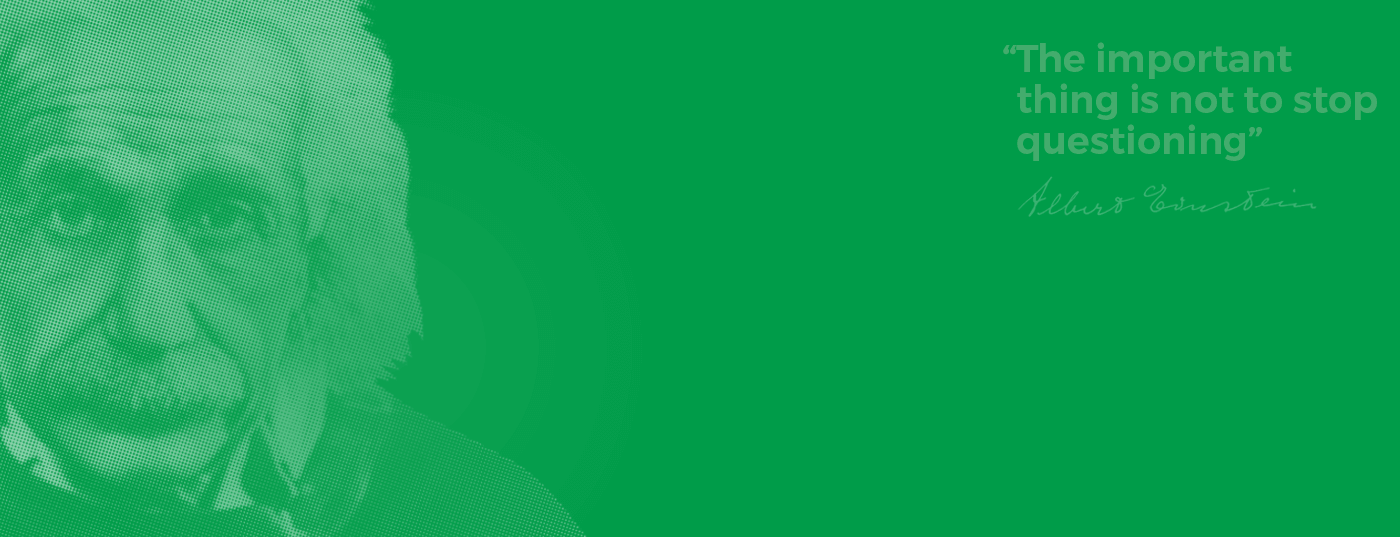
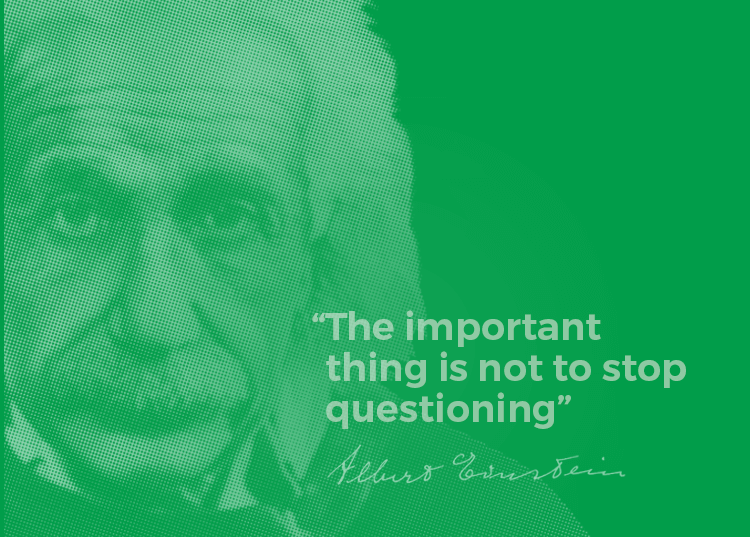
Science
How Do The Sciences Change In Year 11?
We’ll share how science subjects change in Year 11. In particular, we’ll be looking at the fundamental differences between how the different science subjects are presented and the theory that will be covered in Year 11. Students will be aware that Year 10 Science gets divided into Chemistry, Physics and Biology in Year 11; this increase in the specificity of study has understandable consequences in terms of the difficulty of the content and the depth of understanding required.
More specifically we’ll cover:
- How the content changes between Year 10 and Year 11
- How to choose between the higher scaling subjects, like Chemistry and Physics, and Biology (which still scales well)
- The standard of homework
- The level of testing
- What to expect with exams
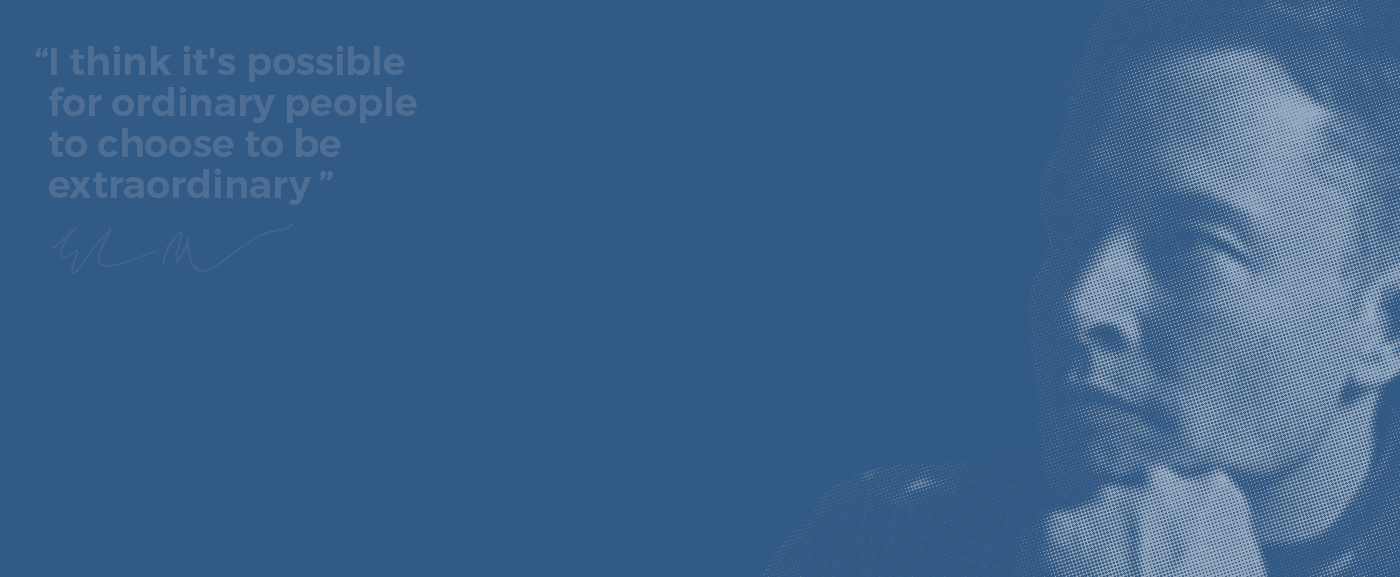
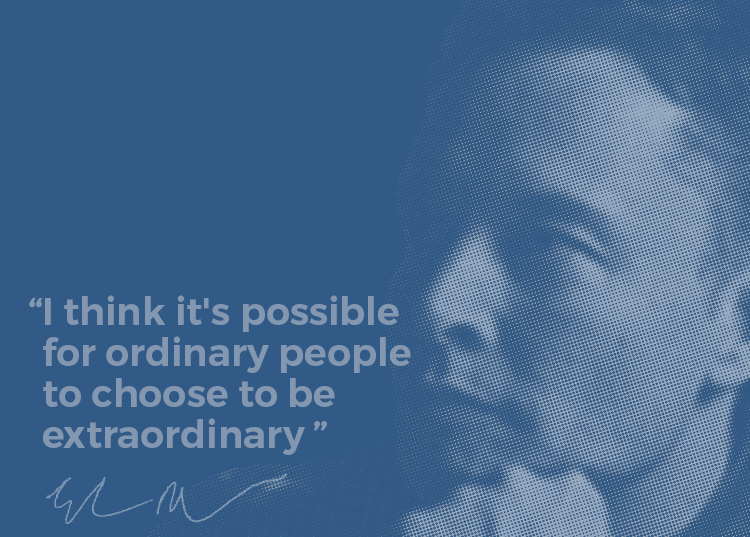
Economics
We Take A Closer Look At Economics In Year 11
We’ll share what to expect in Economics in not only Year 11, but also Year 12. We’ll discuss the difference between microeconomics (individual behaviour of firms, individuals etc.), compared to the Year 12 Economics course, which focuses on macroeconomics (aggregate behaviour in the economy, government, policies etc.).
We can answer the following questions regarding Year 11 and 12 Economics:
- Who is it a good subject for?
- From a career perspective, is Economics a prerequisite for any university degrees (business or commerce)?
- What careers is Economics good for?
More specifically we’ll cover:
- Why you should consider studying Economics?
- Who would be good at studying Economics?
- What does Economics involve?
- The kind of content involved with Economics, including essays, reading, writing, formulas, equations and memorisation
- The level of difficulty. Is it a difficult subject to learn and study? Does it involve a lot of study hours or is it relatively easy if you’re passionate about the subject & don’t mind the extra reading.
- The standard of homework. What style of homework should you expect?
- The level of testing
- What to expect with exams – How many exams are there in a term? What structure and format?
Seats Are Filling Fast
Don’t Miss Out!
Helping Students Transition
Talent 100’s Headstart Year 10 Course Program

The Year 10 Headstart program bridges the gap between Year 10 and 11, allowing students to learn ahead for a significant advantage. The Headstart program helps students achieve a competitive advantage – or a headstart – over their peers, who will be covering the material for the first time in Year 11. It’s a results-focused program designed by Talent 100 Founder Richard Chua, who achieved a perfect 100 (99.95 ATAR) score in his HSC. Richard designed Headstart to teach the fundamentals of the Year 11 syllabus in Year 10.
One of the best features of the Headstart program is that it allows you to “test” the subjects before you go into Year 11. That way, you can see if you are capable of coping with the demands of the highest-scaling subjects. You will then be able to make a more informed decision about which subjects to pursue in your final years of schooling. Best of all, when Year 11 arrives, you are revising content during the term, rather than learning it for the first time.
By introducing the core concepts of the Year 11 course early, Talent 100 students are likely to perform much better once they actually start Year 11, allowing them to position themselves for achieving the highest marks and ranks in Year 12.
The result – Talent 100 Headstart students will have already covered key theories in the highest-scaling subjects, leaving more time for:
- Exam practice, where they can work to eliminate costly mistakes
- Consolidating knowledge so they can tackle harder questions and, most importantly, more time to allocate to weaker subjects.
Headstart will not only give you a competitive advantage in Year 11 and 12 by teaching you the core concepts early; it will prepare you to go on to score the top ATARs and achieve entrance into your desired university degree.
We call this the “Headstart advantage”.
You need to start early to score the best ATAR!
Spend your time revising in Year 11 rather than learning the theory for the first time!
Talent 100 Learning Centre Locations
- Chatswood
- Epping
- Hurstville
- Burwood
- Sydney CBD


